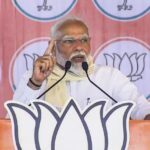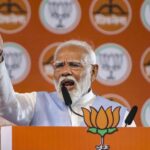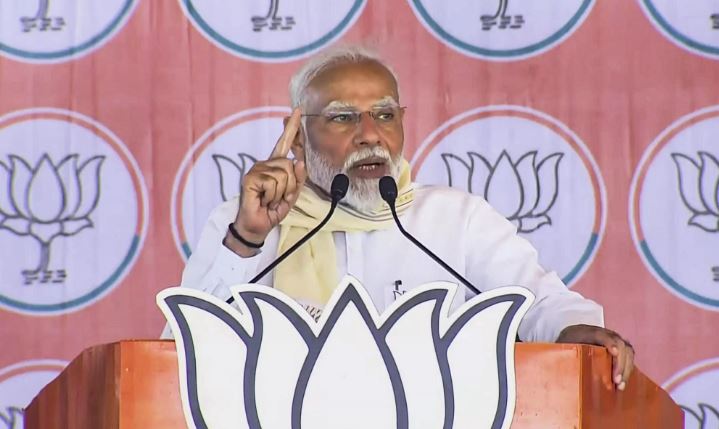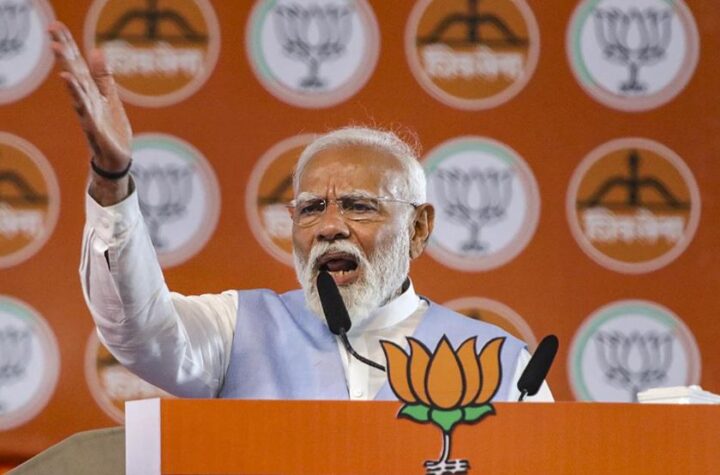With the Aam Aadmi Party (AAP) announcing LokSabha MP Bhagwant Mann as its chief ministerial face, the electoral battle lines are now clearly demarcated in the Punjab Assembly election. All parties or coalitions have declared or undeclared chief ministerial faces for the about 2 crore voters of Punjab who will vote for the next government on February 20.The ruling Congress party has a problem of plenty with incumbent Charanjit Singh Channi refusing to cede ground to hawkish Punjab Congress president Navjot Singh Sidhu, who has bordered on challenging the Gandhis of the party recently when he said the people of Punjab and not the high-command sitting in Delhi would decide the next chief minister of Punjab. The Shiromani Akali Dal (SAD)-Bahujan Samaj Party (BSP) alliance has SukhbirBadal as its undisputed chief ministerial face. If the fledgling coalition of Punjab Lok Congress (PLC)-Bharatiya Janata Party (BJP) gets to a position of government formation, Captain Amarinder Singh will be the likely face of the alliance. And, if the
farmers’ protest over a year-long protest against the three central farm reforms laws sweeps other issues under
the carpet and brings the Samyukt Samaj Morcha (SSM) to power equation, its leader Balbir Singh Rajewal will
likely be the chief ministerial face, even though not officially declared. But in Punjab the main challenge for political parties lies elsewhere. The state, beset by several crises, has just witnessed a farmers’ movement which, with no clear leader at the helm, forced a powerful central government to backtrack on farm laws that it had defended for months. The Centre’s laws sought to reshape farm policies by resetting relations between farmers, procurement agents/agencies and the state. They were a response to the need to break the standstill in agriculture. But as farm unions mobilised within the state and on Delhi borders, and support flowed in from various sections of Punjabi society, the issue of the merit of the laws was overtaken by resentments against the manner in which they had been pushed through. A standout feature of these successful mobilisations was the protestors’ insistence on keeping established parties off their stage. As elections draw closer, that unwillingness of farmers’ unions to trust the mainstream leadership to champion their cause should serve as a warning for all political parties. The perception that the political mainstream is corrupt and self-serving and is not to be trusted to address public concerns runs deep in Punjab. This cynicism must
be addressed by the political-electoral process.










More Stories
Low vision clinic inaugurated at AIIMS Bhubaneswar
Urban education programme comes in handy for Odisha’s tribal, dalit kids
Now country ‘aatank’ struggling for ‘aata’: PM